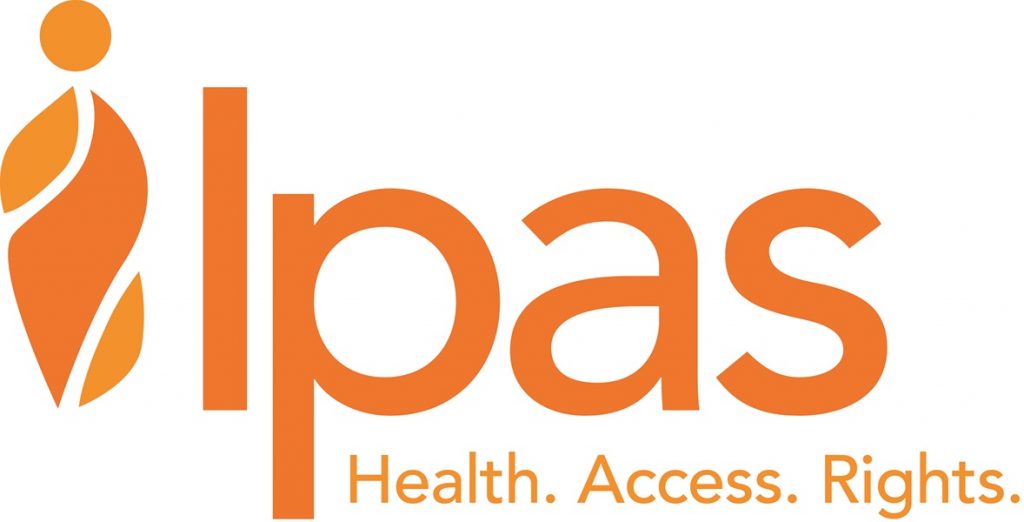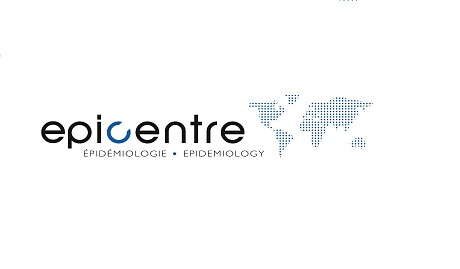Shaping the future: Our strategy for research and innovation in humanitarian response.

Shaping the future: Our strategy for research and innovation in humanitarian response.

Principal Investigator: Tamara Fetters, Ipas
A mixed method, cross-sectional study in Nigeria and Central African Republic (CAR) highlights the critical importance of quality post-abortion care to address high abortion-related morbidity and mortality in fragile and conflict affected settings.
The study aimed to describe and estimate the burden of all post-abortion complications, particularly severe complications, near-miss complications and deaths, and factors associated with severe morbidity among women admitted for post-abortion care (PAC) in Médecins Sans Frontières (MSF) facilities in Africa.
The locations of Bangui in the Central African Republic (CAR), Jahun in Nigeria and Masisi in the Democratic Republic of Congo (DRC) were chosen as having one large MSF-supported maternity center located and being a humanitarian (fragile or conflict-affected) setting. Given challenges related to Ebola, COVID-19 and insecurity the study team revised this from a 3-country prospective record review and mixed method observational study design, to a full study in Nigeria and CAR, and a limited off-site study, in DRC, using learning from the first two sites, to conduct retrospective record reviews.
The research generated evidence highlighting the magnitude and severity of abortion-related complications and provided details on the trajectories that led women to experience severe and near-miss abortion-related complications in the humanitarian settings of CAR and Nigeria. The research also highlighted the challenges and barriers to health care experienced by women seeking PAC in these settings.
The need is high for greater access to high quality contraception, safe abortion care, and post-abortion care to prevent and manage complications of abortion in fragile and conflict-affected settings. Addressing this challenge should be a high priority for donors and public health actors to reduce maternal morbidity and mortality in fragile and conflict-affected settings.
Preventing and managing underlying chronic health conditions like malnutrition and chronic anemia may reduce the lethality of abortion complications.
Attention may be needed to strengthen health services and capacities of health professionals to provide quality post-abortion, contraceptive and safe abortion care, and to improve pathways to care; recognising the complex social, cultural and legal issues that can constrain policymaking and investments for this care, in particular safe abortion and contraceptive services.
In June 2023 the team received follow on funding from the R2HC to conduct further uptake and impact activities, building on the study finding that a lack of public awareness of pathways to healthcare for abortion is a key barrier to improved health outcomes. A focused intervention targeting local and national mass media with the results of this study from CAR was conducted. At this 3-day workshop journalists were sensitized to the study concepts related to maternal mortality and morbidity, unsafe abortion, abortion legality and terminology. Many of the journalists shared outputs related to the workshop topics, and were inspired to keep talking about the issues related to abortion and sexual and reproductive health so that actionable messages reach women, girls and community healthcare actors. They aim to set up a network to stay connected on this.
Banner photo credit: Samuel Sieber/MSF.




 Please upgrade your browser
Please upgrade your browser
You are seeing this because you are using a browser that is not supported. The Elrha website is built using modern technology and standards. We recommend upgrading your browser with one of the following to properly view our website:
Windows MacPlease note that this is not an exhaustive list of browsers. We also do not intend to recommend a particular manufacturer's browser over another's; only to suggest upgrading to a browser version that is compliant with current standards to give you the best and most secure browsing experience.